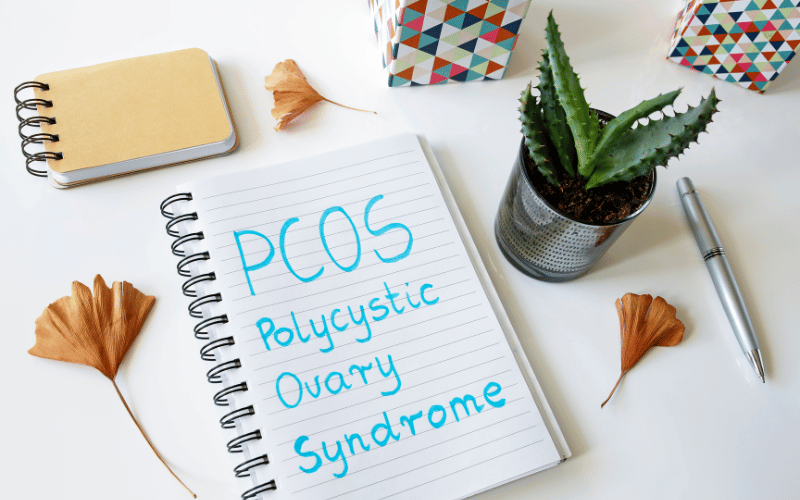Introduction: Shedding Light on Polycystic Ovarian Syndrome
Polycystic Ovarian Syndrome, more commonly known as PCOS, stands as a silent ailment, often shrouded in misunderstanding and myths. It’s a condition that impacts millions of women around the globe, yet remains enigmatic to many.

In this exploration, we delve into the heart of PCOS, uncovering the intricacies that define this syndrome.
Fundamentally, PCOS is underpinned by an imbalance in hormones. It’s the excess androgens, often termed male hormones, that orchestrate a series of disruptions in a woman’s body. These hormonal fluctuations are notorious for their ripple effects, which extend beyond fertility and encompass metabolic, cardiovascular, and psychological health.
A staggering fact about PCOS is its prevalence. Studies suggest that between 6% to 12% of women of reproductive age are affected by PCOS, yet a significant number remain undiagnosed. This silent prevalence is a clarion call for more awareness and better screening practices.
PCOS doesn’t present uniformly; it’s a spectrum disorder. Some women battle with weight gain and acne, while others struggle with irregular periods or infertility. This diversity in symptoms often leads to delays in diagnosis and a one-size-fits-all approach that rarely fits anyone.
While lifestyle factors play a pivotal role in managing PCOS, it’s crucial to recognize the genetic thread that weaves through this condition. Women with a family history of PCOS are at a heightened risk, pointing to the intricate dance between genetics and environment.
Management of PCOS is as multifaceted as the condition itself. It combines lifestyle adjustments, medical interventions, and often, a mental health component. For many, managing PCOS is a lifelong journey of balance and resilience.
1. The Hormonal Imbalance in PCOS and Its Ripple Effect

PCOS commences with an imbalance in hormones. A woman’s body typically produces androgens in small amounts.
However, with PCOS, these levels increase. This imbalance is the match that ignites a myriad of symptoms. Women may experience hirsutism, which is hair growth in unwanted places, or androgenic alopecia, where hair thins dramatically on the head. These changes often strike at the core of a woman’s self-image.
The irregularity of menstrual cycles is another common indicator of PCOS. Normal cycles can become unpredictable, ranging from absent periods to prolonged cycles. The cause ties back to hormonal imbalance. Without the right hormone signals, the ovaries may not release eggs regularly. This disruption can have long-term fertility implications.
Hormones out of sync also tip the metabolic scale. Insulin resistance is one such issue. The body’s cells become less responsive to insulin, spiking blood sugar levels. Weight gain often ensues, and with it, a higher risk of developing Type 2 Diabetes. These metabolic disturbances underscore PCOS’s complexity.
Lastly, the psychological toll of PCOS is undeniable. Hormonal fluctuations can amplify stress and contribute to mood swings. Anxiety and depression are prevalent among women with PCOS. The link between hormones and mental well-being is evident, though not fully understood. The emotional burden can be just as challenging as the physical symptoms. (1)